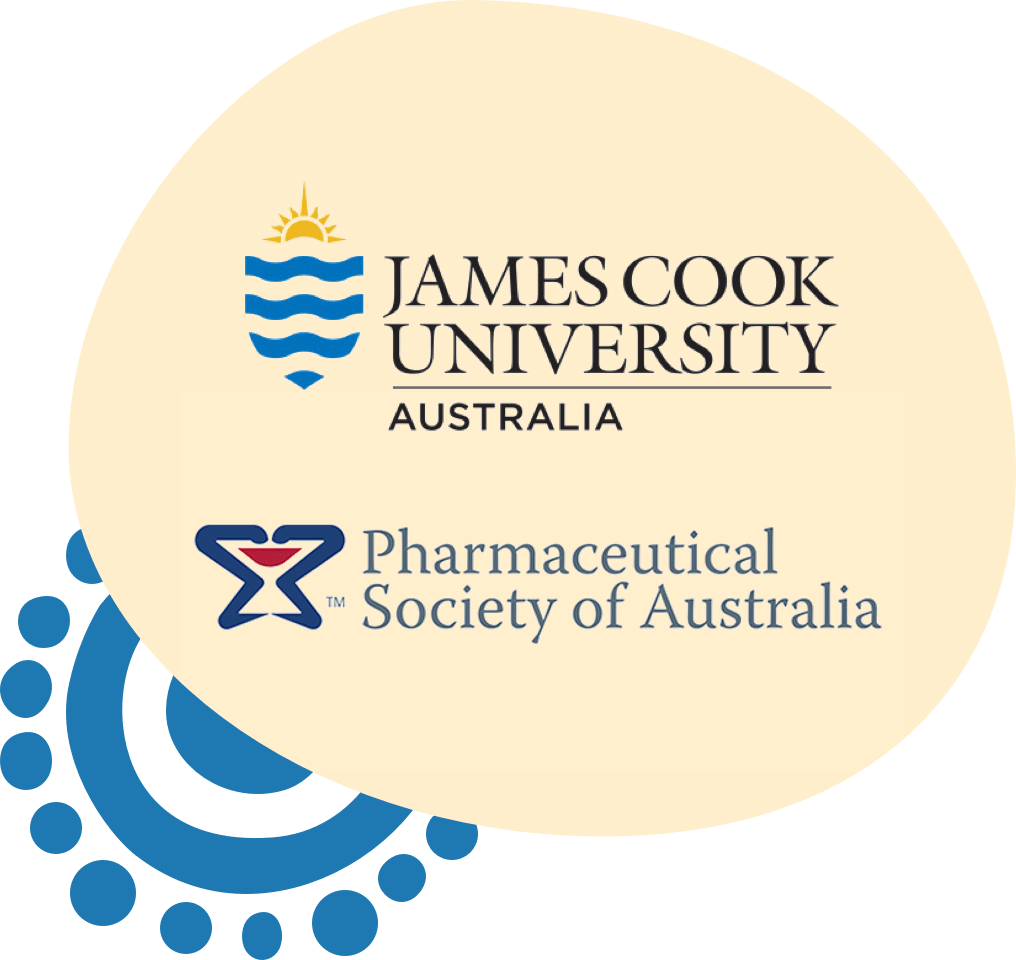Australian Healthcare & Hospitals Association (AHHA) NACCHO’s
Partnership with the AHHA harnesses the strength of both organisations to reverse the differences in the health of Aboriginal and Torres Strait Islander Australians to other Australians. This partnership explores new opportunities for collaboration on policies, research and public health campaigns to Close the Gap and address health issues in Aboriginal and Torres Strait Islander communities. In December 2015, NACCHO and the AHHA Chairpersons signed an MoU to facilitate policy development, advocacy, communication, joint planning and collaboration between the two organisations regarding all aspects of Aboriginal and Torres Strait Islander Health and continue to work in partnership.
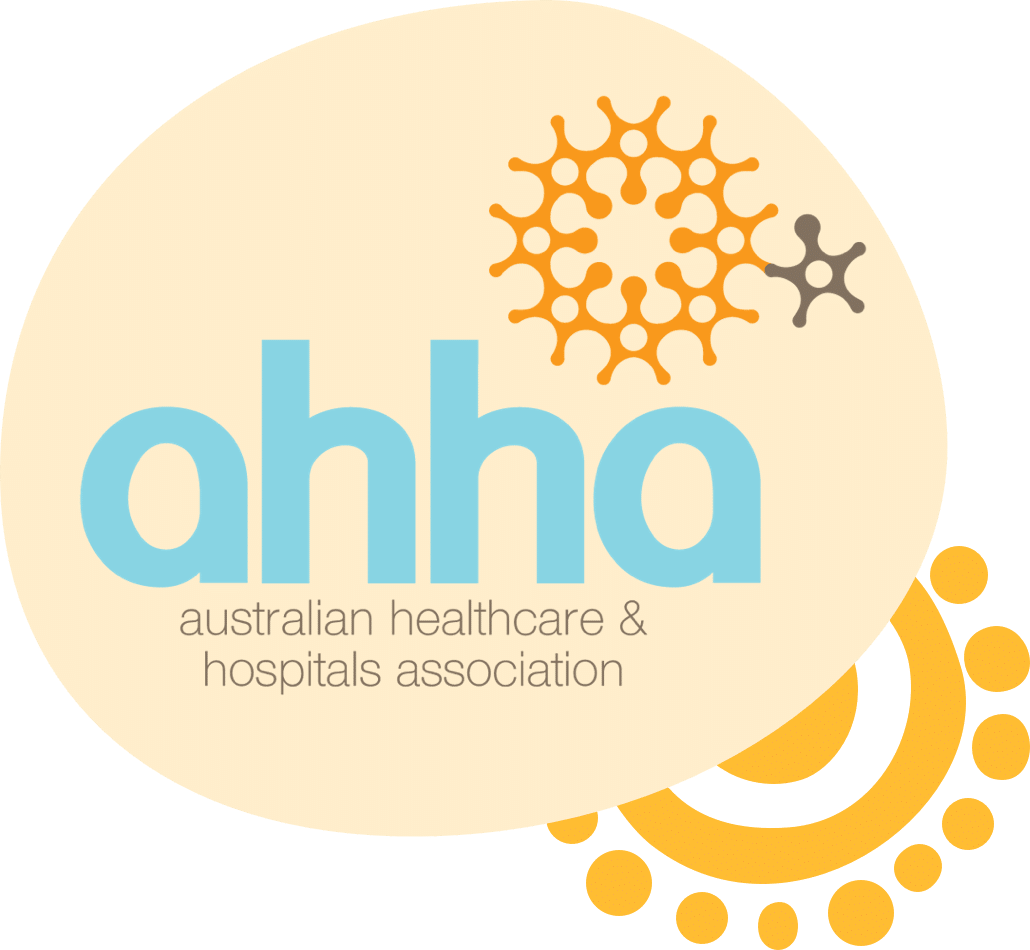
Vision 2020 Australia NACCHO’s
Partnership with Vision 2020 Australia, was to support the National Spectacle Subsidy Scheme (NSSS) project with governance and related tasks. The partnership includes NACCHO participating in the steering group, participating in the consultations with jurisdictions, and providing advice to Vision 2020 Australia on relevant issues for Aboriginal and Torres Strait Islander people in the provision of subsidised spectacles.
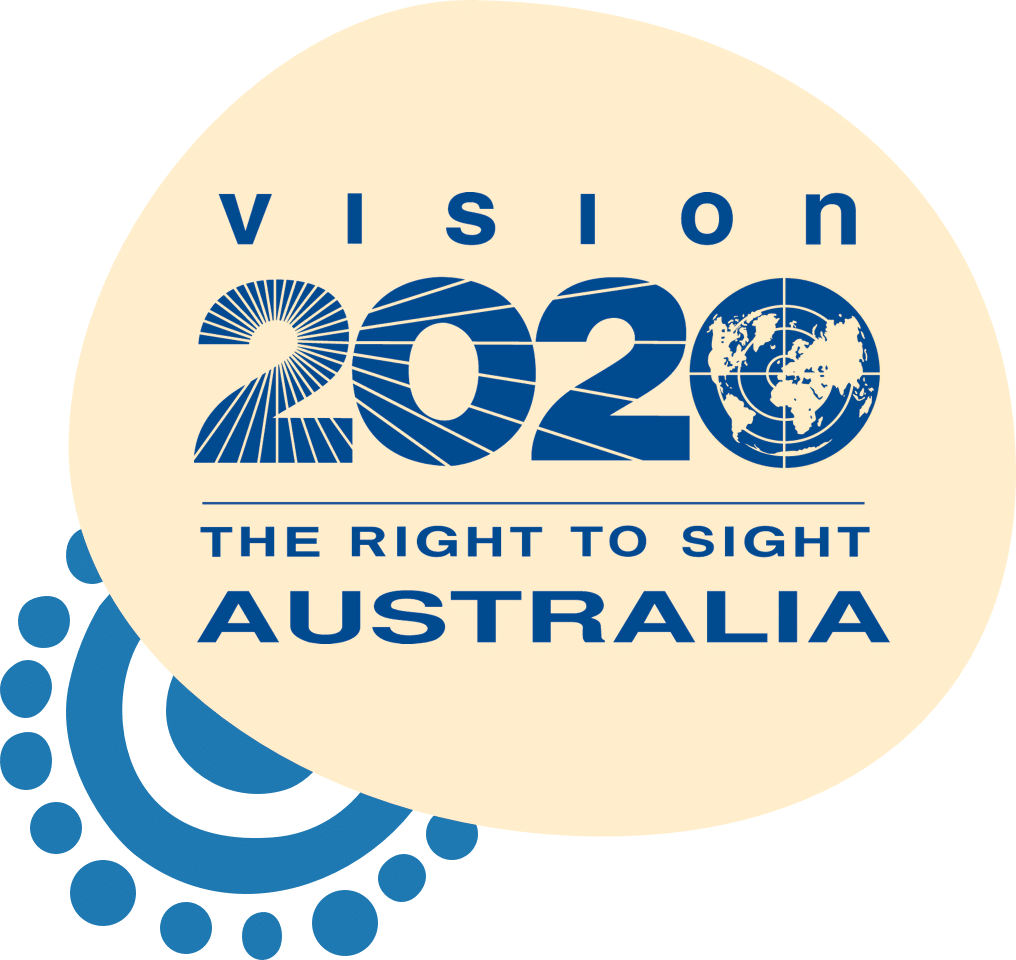
Council of Presidents of Medical Colleges
The Council of Presidents of Medical Colleges is committed to working with NACCHO and the Australian Government to reduce the current gap in health outcomes and life expectancy between Aboriginal and Torres Strait Islander people and other Australians. NACCHO, the three Federal health ministers and the 15 Medical Colleges signed a collaborative agreement in 2017 with the NACCHO Chair and continue to work with them.
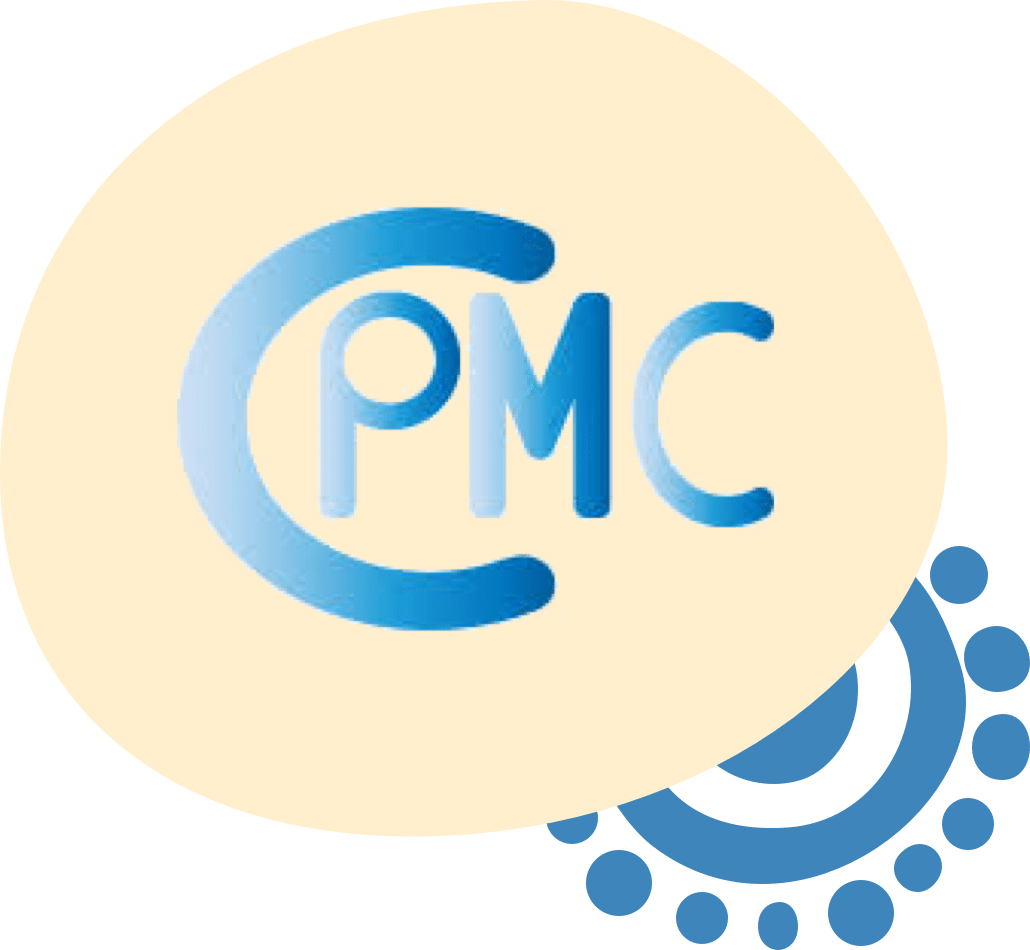
Royal Australian Air Force (RAAF)
The purpose of the MoU with the RAAF was to deliver ongoing affordable and accessible healthcare to Aboriginal and Torres Strait Islander people. This partnership will facilitate RAAF Dental personnel to work alongside Aboriginal Health Workers in ACCHO. This will help reduce waiting time for Aboriginal health services and allow more Aboriginal people to access the care they need.

End Rheumatic Heart Disease (RHD) Coalition
The END RHD coalition aims to eliminate rheumatic heart disease in Australia. A national Endgame strategy and a national Endgame report are to be presented by 2020. Aboriginal Medical Services Alliance Northern Territory (AMSANT), Aboriginal Health Council of Western Australia (AHCWA), Australian Medical Association (AMA) Heart Foundation, Menzies School of Health Research, Telethon Kids Institute, and NACCHO are the founding members.
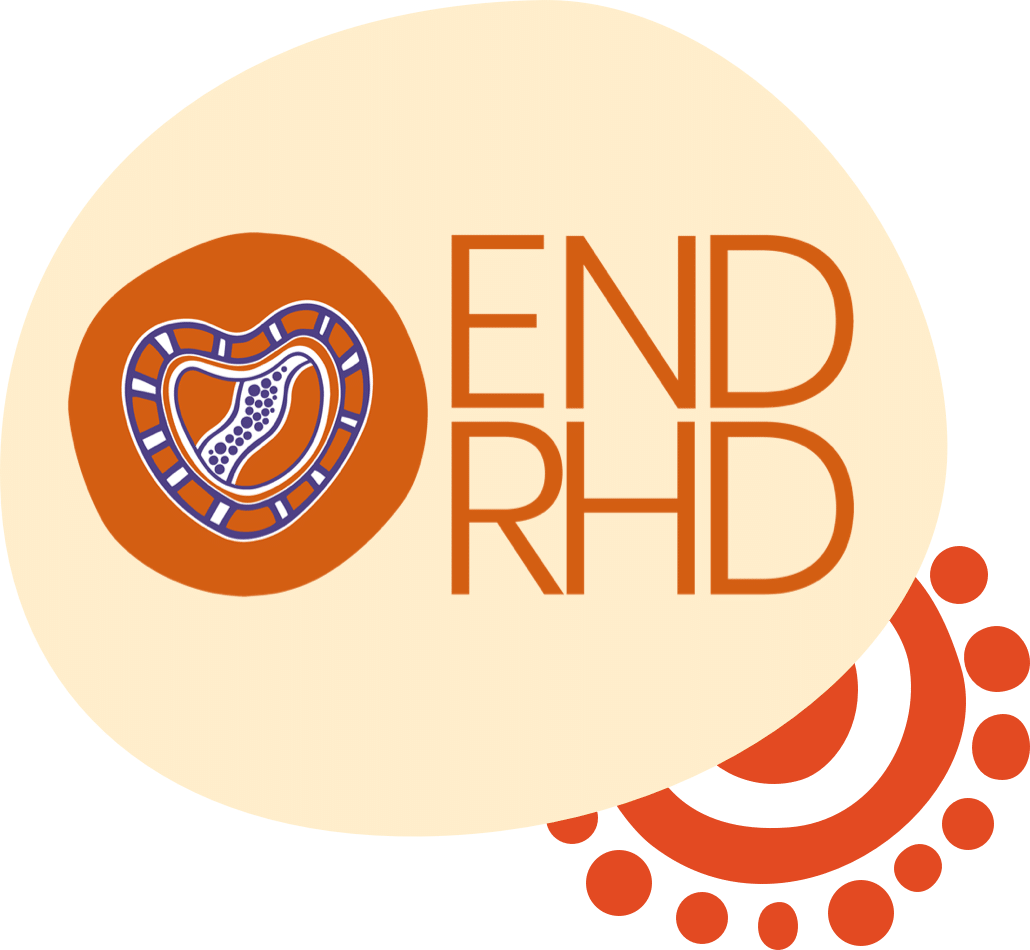
Pharmacy Guild of Australia
The MOU is a pledge to work together to improve Aboriginal and Torres Strait Islander health. It is an agreement to work with respective members, share information of mutual interest, jointly develop public or media statements and policy. Recognition of NACCHO as peak health policy advisory body for ACCHOs. Recognition of community pharmacists as the primary providers of pharmacy services across the sector.
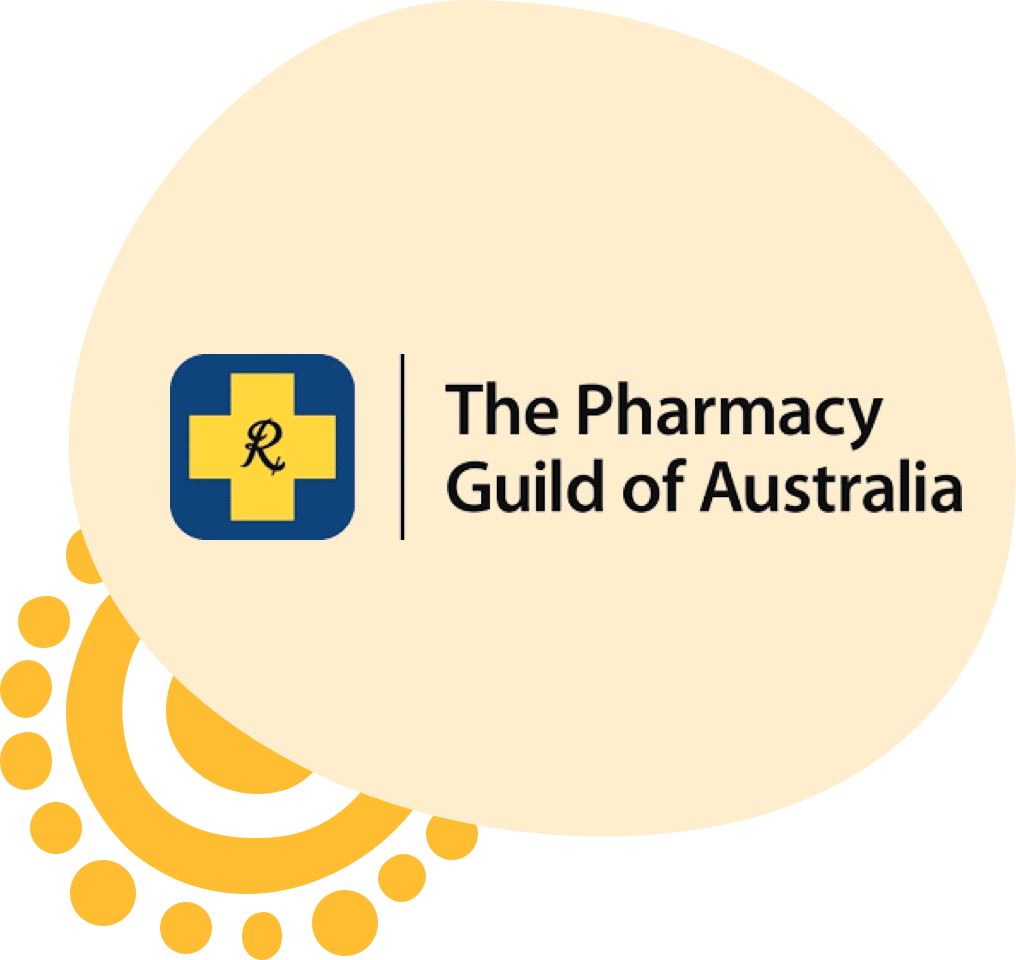
Royal Australian College of General Practitioners (RACGP)
NACCHO and the RACGP work collaboratively to advocate for the Australian healthcare system to be well resourced to enable all health professionals to provide clinically and culturally appropriate continuity of care for Aboriginal and Torres Strait Islander communities. Together they will develop the standards, guidelines, funding models and resources to equip general practitioners, all health professionals and Aboriginal Community Controlled Health Services to maximise health outcomes for the community. NACCHO and RACGP will develop initiatives that attract and retain a skilled workforce for the Aboriginal Community Controlled Health Sector.
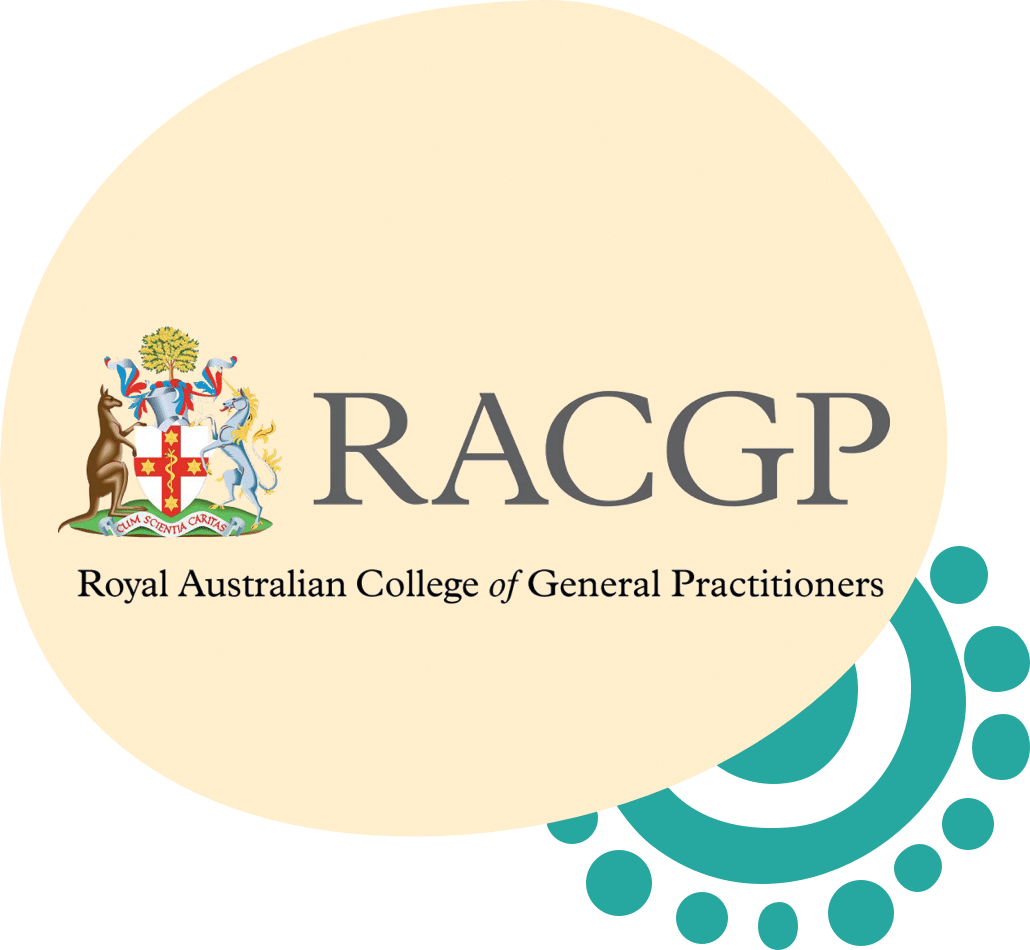
James Cook University and Pharmaceutical Society of Australia
The collaboration between NACCHO, the James Cook University and Pharmaceutical Society of Australia aims to integrate pharmacists into ACCHOs and collect bio-statistical data through Community Based Participatory Research that will improve Aboriginal and Torres Strait Islander people’s access to medicines. This equitable involvement from community members, organisational representatives and researchers will develop a framework to be implemented over the next few years.
